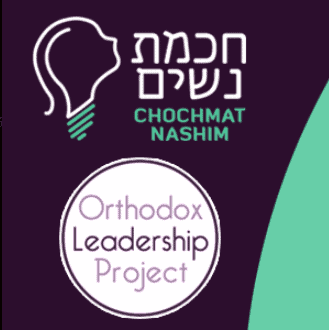That moment when the communal representative mounts the bimah, holds the shofar, inhales and blows into the animal horn releasing a primal baritone burst, the mitzvah of the shofar finds its form. Some people close their eyes and others fix their stare. What races through your mind? What do you think about during the sounding of the shofar?
The physical instrument itself, the ram’s horn, conjures the moment in the binding of Isaac when the ram caught by its horns redirects Avraham’s religious zeal and spares Isaac the fate of being the sacrifice. Rabbinic scholars highlight the shofar’s necessary bent form as a model of humility and dismiss the use of a cow horn or one laiden with gold as unnecessarily bringing up the painful context of sin of the golden calf at an inopportune time.
The biblical context of sounding a shofar includes a call to arms, ritual in the Temple, the revelation at Sinai, the end of the Jubilee cycle where all financial debts are forgiven, and in the prophetic description of the ingathering of the exiles and ultimate redemption.
